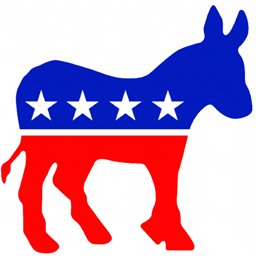- February 18, 2019
- Aid Approach , Aid Talk , BetterAid.org
- Comments : 0
Privatizing The Fight Against Poverty

Debates over the best way to combat social issues continues.
Debates over the best way to combat social issues continues to cause major divisions in the United States, especially its politics.
While the Left firmly believes that government intervention and spending on social security schemes are a must, the Right fights back with claims that these are either not required or not effective.
A country which is the global center of Free-market capitalism would always look upon the private sector to take up social responsibility and the government to remain restricted in its interventions into the public life.
But while private enterprise has to be encouraged in business, should it also be made the leading player in the fight against poverty?
This is an interesting question that has come up for debate in United States thanks to a proposal by Senator Bernie Sanders wherein he wants large employers, who have 500 or more people working for them, to pay a tax of a dollar for every dollar that their employees and their families get from federal social security benefits.

Senator Sanders, who was a candidate in the Democratic Party,
Senator Sanders, who was a candidate in the Democratic Party’s primaries to choose its nominee for the President’s post, describes himself as a ‘Democratic Socialist,’ something that was considered too radical a position in American Politics before his spirited challenge to Hillary Clinton in the nomination race.
But, contrary to what one would have expected from such a person, he wants the private sector to take responsibility for social benefits so that big employers don’t pass on the financial responsibility of these benefits for their employees to the government. He describes it as ‘corporate welfare.’
Reaction To Sanders’ Plan

Bernie Sanders
After the initial surprise that a ‘Democratic Socialist’ wants private sector to take the load of social benefits and not the government, the reaction to Senator Sanders’ plan is quite interesting.
Among others, it got the support of Tucker Carlson, right-wing anchor on Fox News.
This strange coming together of the populist left and the populist right is not unprecedented. We saw this during the 2016 Presidential race also.
But others are skeptical. The Center on Budget and Policy Priorities, a think tank that closely studies poverty-related matters and is considered politically liberal, has said that it would hurt the interests of those very people it seeks to help.
The center points out that companies would be dissuaded from hiring economically-vulnerable people who only have entry-level skills.
Concept Of Privatizing Social Schemes
But there is an ongoing larger debate about whether private corporations can do a better job of administering social security schemes. In 2000s, Florida embarked upon a project that sought to bring market-based solutions for provision of federal food stamps. The whole thing turned out to be a disaster with $200 million worth of cost overruns.
This is not an isolated example of the failure of privatizing social welfare schemes.




